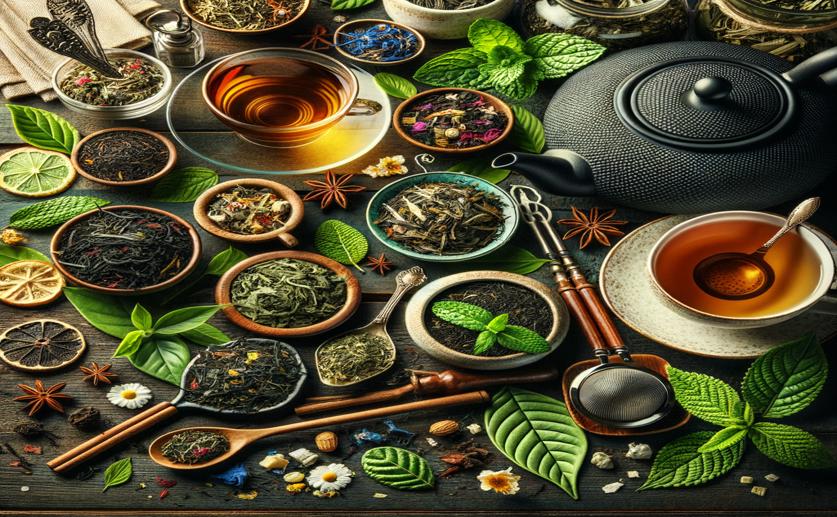
Exploring Tea and Herbal Drink Habits and Choices
Jenn Hoskins
14th April, 2024

Image Source: Natural Science News, 2024
Key Findings
- In Portugal, green tea is popular, but herbal infusions are preferred by various age groups
- Consumers often buy tea in supermarkets and don't read labels or check expiry dates
- Education on proper THI selection and use is needed to ensure health benefits
References
Main Study
1) Exploring tea and herbal infusions consumption patterns and behaviours: The case of Portuguese consumers.
Published 15th April, 2024 (future Journal edition)
https://doi.org/10.1016/j.heliyon.2024.e28779
Related Studies
2) Herbal Teas and their Health Benefits: A Scoping Review.
3) Differential behaviors of tea catechins under thermal processing: Formation of non-enzymatic oligomers.
4) Kombucha Tea-A Double Power of Bioactive Compounds from Tea and Symbiotic Culture of Bacteria and Yeasts (SCOBY).



 9th April, 2024 | Greg Howard
9th April, 2024 | Greg Howard